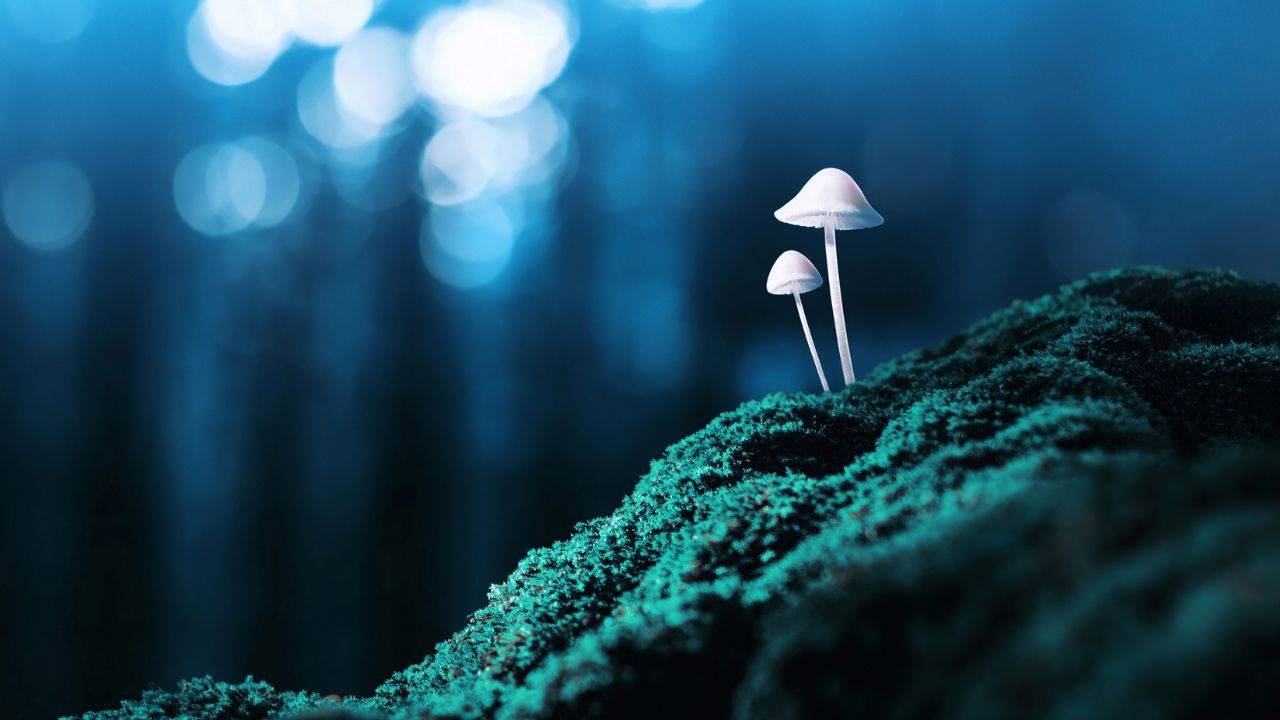Scientists at the Johannes Kepler University in Austria have found a surprising source of plastic alternatives for microchips and batteries. Isolating the skin of certain mushrooms, they have been able to create a flexible and stretchable material. CNN has reported interesting details about why this breakthrough is so important.
“The team, led by Doris Danninger and Roland Pruckner from the university’s Institute for Experimental Physics, discovered that the mushroom – which typically grows on decaying hardwood trees in Europe and East Asia – forms a compact protective skin made of mycelium, a root-like network, to protect its growth medium (the wood).”
Not only is this new material biodegradable, but researchers have highlighted that it’s easy to grow on waste wood without the need to introduce energy. That means that it can significantly reduce the carbon footprint of computer chip production.
A lot of this research is still in the experimental phase, but technology moves at an extremely fast pace. And that means this new material could end up becoming a replacement for a whole load of different plastic materials in electronics.
It will be interesting to see in how many different ways this new innovation will be used.
More inspiring green news similar to this:


